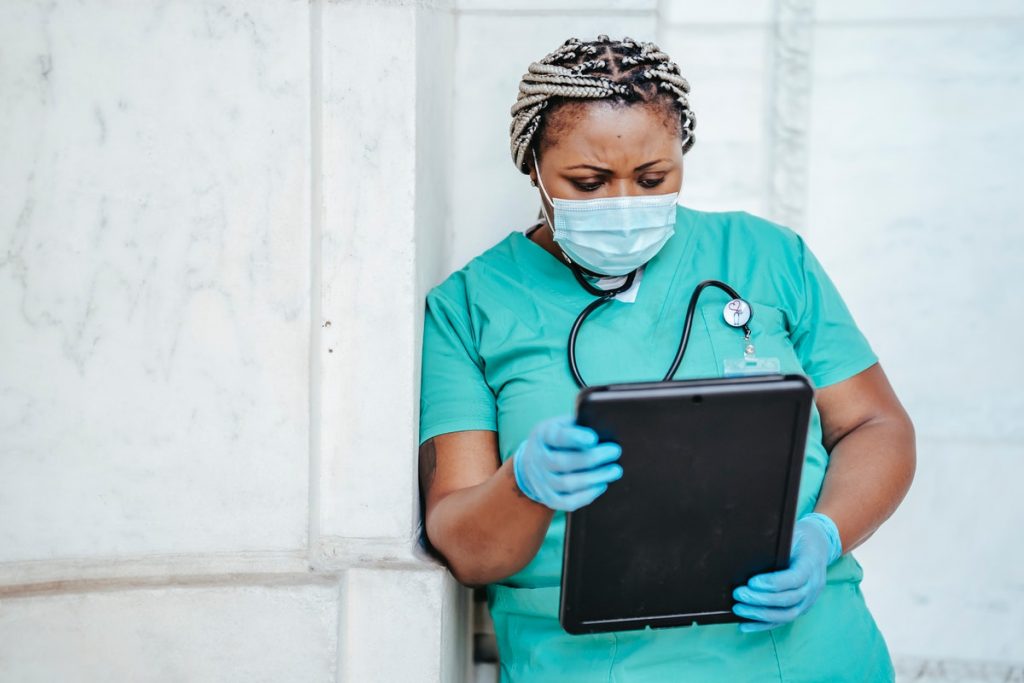Working in healthcare is stressful even before the pandemic. Research shows that healthcare workers are vulnerable to mental and physical distress than those working in other industries. Sadly, about half of all physicians have experienced or are experiencing burnout. A significant percentage of physicians have also suffered from suicide.
The COVID-19 outbreak is troubling. It threatens to amplify the physical and psychological stresses of healthcare workers. Research on the effects of the pandemic has shown that this is not just for now. The negative effects of COVID-19 may still occur in the long run, even after fewer cases.
There are various reasons why pandemics like COVID-19 affect the health and wellness of our healthcare workers. Past pandemic experiences can help us understand why COVID-19 may harm the physical and mental well-being of our heroes. While there is health insurance for physicians and other healthcare workers, these problems can be avoided. By knowing such, we will learn how to mitigate these negative experiences.
Healthcare workers are under great stressors
While there is evidence that working long hours have adverse effects on healthcare workers, their physical and mental exhaustion can be hard to bear. With the pandemic, many healthcare workers are working around the clock to ensure the safety of the public. There are many aspects of the pandemic that affect these workers in different ways.
For one, there is a constant risk of infection. While other tragedies like disasters and terror attacks are also associated with stress, anxiety, and depression, pandemics are distinct from these. There is a threat of infection to workers who care for the sick. As they face exposure regularly, they are at risk for infecting their coworkers and families as well.
They also feel helpless. Many healthcare workers work in places that do not have the right equipment. It is stressful for them to lose patients because they do not have the right tools for better response. Moreover, they have to always wear their personal protective equipment while working, which can be uncomfortable.
Frontliners are also experiencing moral injury, as they are forced to make emergency medical choices. In the past, the patients’ families would decide for these. But since non-patients are prohibited from entering the hospital, healthcare workers make the hard decisions for them. These painful decisions can lead healthcare workers to experience a blow on their mood and self-esteem.
Healthcare workers also experience a lack of social support. They are already stressed at work, but it is also hard for them to do healthy coping mechanisms. Many of their peers are distant from them because they are afraid of being infected. As a result, healthcare workers would rather isolate themselves than spend time doing things that they love.

How do we respond to these challenges?
Research has shown the evolution of health issues faced by people caring for patients in a pandemic. During the SARS outbreak, healthcare workers were at risk of anxiety enveloped with feelings of uncertainty. Even when the pandemic died down, healthcare workers still suffered. COVID-19 could cause residual symptoms or long-term effects on survivors. We must look after our healthcare workers during the pandemic and even after collectively overcoming the disease.
It is important to provide practical support for our healthcare workers. Support offers a protective role in the physical and mental health of our frontliners. These can come in the form of implementing better measures, reducing workload, and offering medical staff breaks and additional rest days when needed. Many organizations honor healthcare workers by providing meals and lodging for them. These small steps can make healthcare workers feel that they are appreciated for their hard work.
We should also be proactive in identifying healthcare workers who are silently suffering. While it is easy to see who is physically suffering, it may be hard to recognize who needs psychological support. It is essential to monitor them and respond to their physical and psychological needs while we can.
Lastly, we, as a community, should invest in evidence-based treatment and tools for our healthcare workers. As the effects of COVID-19 is seen to affect them in the long-term, investing in evidence-based treatment will go a long way. We do not respond to trauma only when it seems impossible, but we can prevent it altogether.
Healthcare workers are facing hard times because of the pandemic. Their expertise in the field does not make them immune to physical and psychological issues. While they are trained to be resilient, they are only human. Therefore, it is essential to look into how we can help honor our healthcare workers for the long-term.






